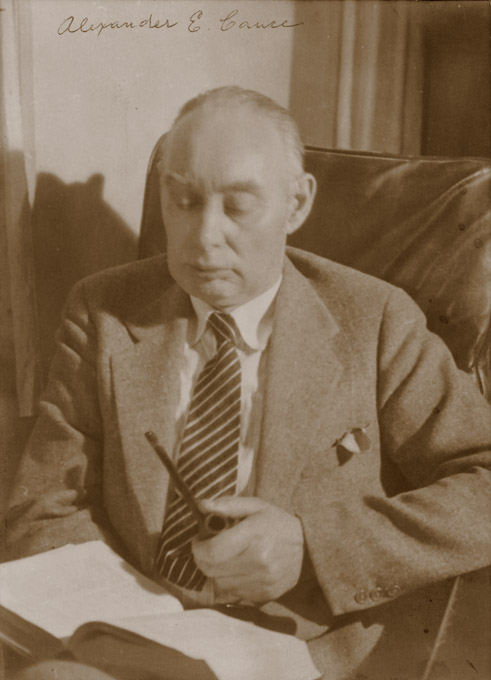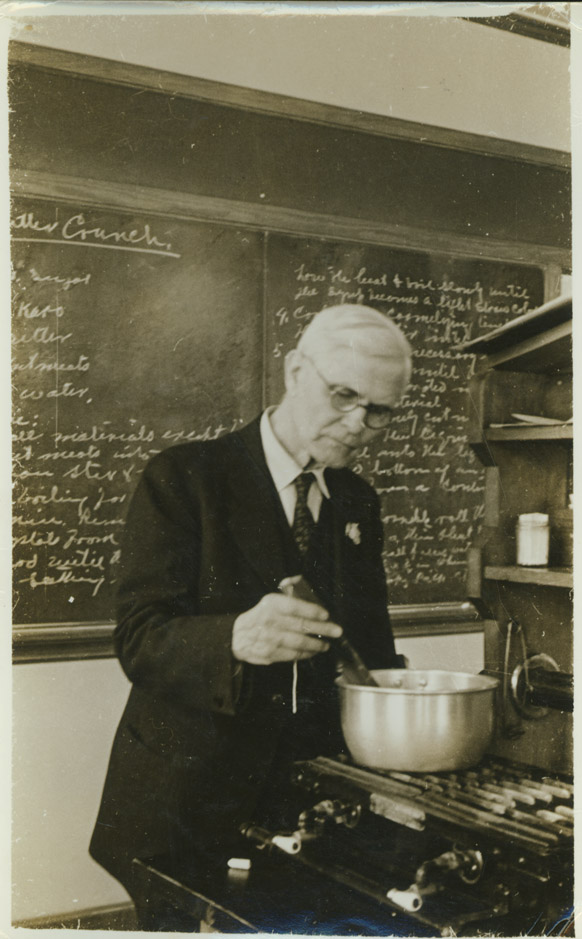Chalfen Family Papers
ca.1890-2011
51 boxes 76.5 linear feet
Call no.: MS 770
Temporarily stored offsite; contact SCUA to request materials from this collection.
Born into a Jewish family in Khotyn, Bessarabia (now Ukraine), in 1888, Benjamin Chalfen emigrated to United States as a young man, arriving in New York City in 1910 before making his way to Boston. Taking work as a clerk with the Roxbury Crossing Steamship Agency, he married a fellow Russian immigrant, Annie Berg in 1914 and, after their divorce a few years later, married a second time. Benjamin and Annie’s son, Melvin (1918-2007), studied Forestry at Massachusetts State College (BA 1940) and Yale (MF 1942) before enlisting in the Army Air Corps in Aug. 1942. Moved to active duty in 1943 as a communications specialist, he rose to the rank of Lieutenant. After he returned home, Mel met and married a recent Smith College graduate, Judith Resnick (1925-2011), with whom he raised three sons. The couple settled into a comfortable life in the Boston suburbs, where Mel carved out a successful career as a home inspector and educator while Judith became well known as a supporter of the arts and as one of the founders of Action For Children’s Television (1968), an important force in promoting quality television programing for children.
A massive archive documenting three generations of a Jewish family from Boston, the Chalfen family papers contain a rich body of photographs and letters, centered largely on the lives of Melvin and Judith Chalfen. The Chalfens were prolific correspondents and the collection includes hundreds of letters written home while Mal and Judy were in college and while Mel was serving in the Army Air Corps during the Second World War — most of these in Yiddish. The thousands of photographs cover a broader span of family history, beginning prior to emigration from Bessarabia into the 1960s. Among many other items of note are rough drafts of a New Deal sociological study of juvenile delinquency and the impact of boys’ clubs in the late 1930s prepared by Abraham Resnick (a Socialist community organizer and Judith’s father); materials from the progressive Everyman’s Theater (early 1960s); and nearly three feet of material documenting Judy Chalfen’s work with Action for Children’s Television.
Gift of the Chalfen family, 2011.
Language(s): Yiddish
Subjects
Action for Children's TelevisionJews--Massachusetts--BostonMassachusetts State College--StudentsSmith College--StudentsWorld War, 1939-1945Contributors
Chalfen, BenjaminChalfen, Judith, 1925-2011Chalfen, Melvin H. (Melvin Howard), 1918-2007Types of material
Photographs
Related collections:
Communism & Socialism,
Immigration & ethnicity,
Judaica,
Mass State College (1931-1947),
Massachusetts (East),
Media,
Photographs,
UMass alumni,
Women,
Women & feminism,
World War II
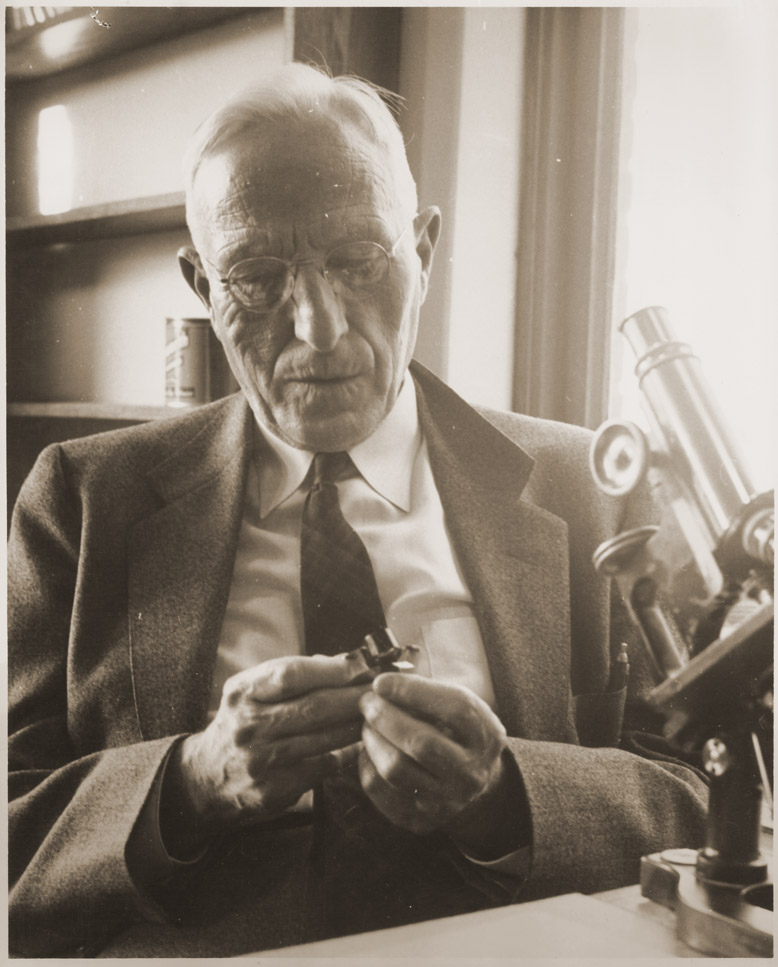


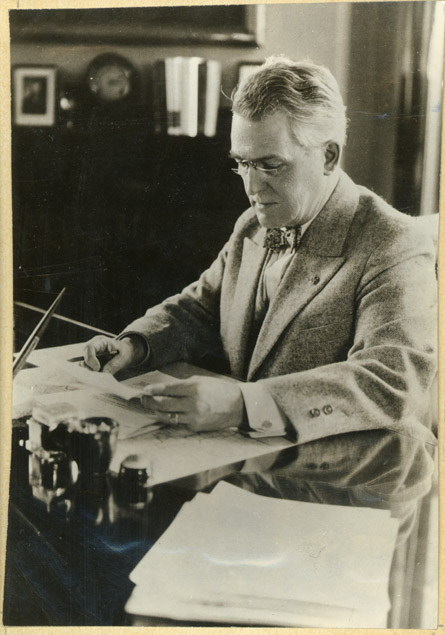
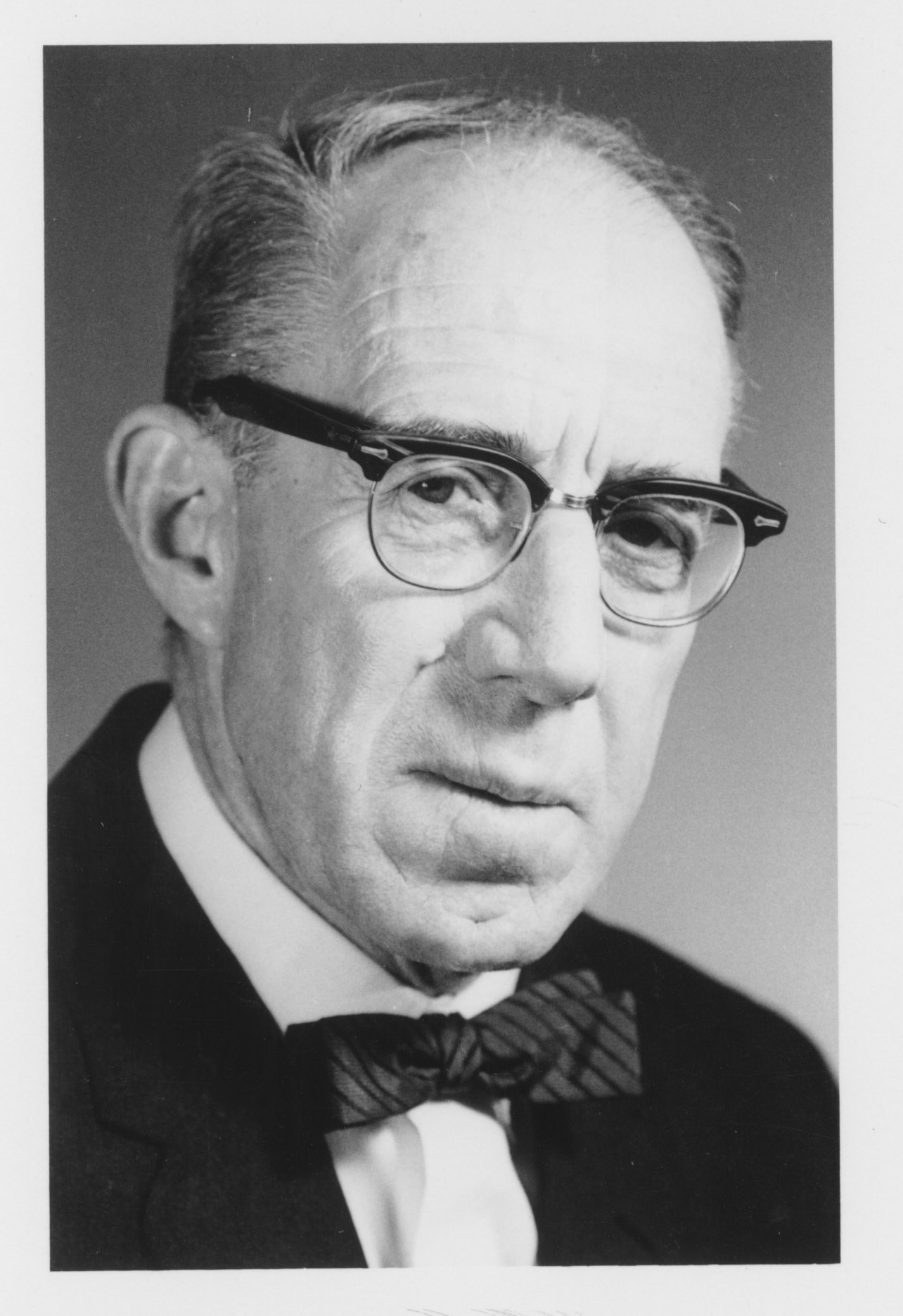
 View the
View the 